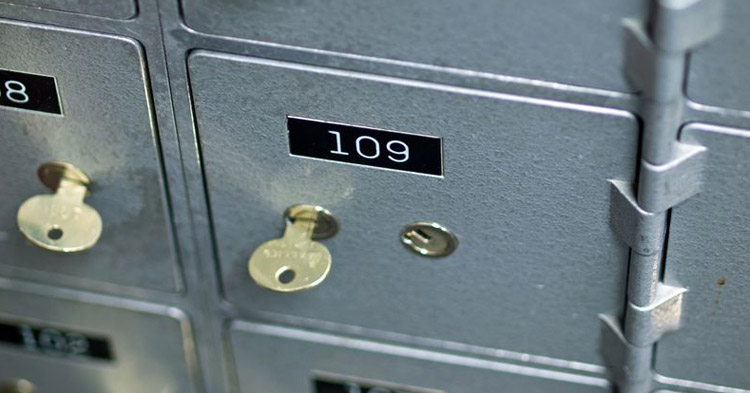
Let’s be real… The financial system we rely on feels a bit shaky lately. From talk of bank bail-outs to governments that view your portfolio as their piggy bank, storing all your savings with traditional institutions might give you the chills.
If you’re like me, a bit concerned about preserving wealth and true financial autonomy, it’s time to seriously consider bringing part of your investment strategy off-grid. That’s where gold comes in.
Why Gold for Self-Reliance?
Gold’s not about day-trading or meme stocks. It’s a historic tool of economic survival:
- Real Asset, Unchanged by Politics: Unlike paper money, gold isn’t just a promise on a piece of paper. It has intrinsic value and has held that value for thousands of years – immune to the whims of central banks and government manipulations.
- Insurance in Uncertain Times Gold tends to zig when the traditional markets zag. In periods of crisis and uncertainty, investors flock to its stability, giving it a track record as a powerful portfolio diversifier.
- Can’t Be ‘Frozen’: Your gold holdings are physically yours. They can’t be digitally erased on a whim by a government or banking institution.
Going Off the Grid: Your Storage Options
Okay, you’ve bought your gold coins or bars. Now what? Hiding them under the mattress isn’t going to cut it for long-term security. Here’s a breakdown of the major options, ranging from DIY to totally off the books:
- Home Safes: Pros and Cons
- Pros: Convenient, 24/7 access, full control.
- Cons: Potential risk of theft and fire damage. You need a high-quality, properly installed safe and a solid home security strategy.
- Ideal For: Smaller holdings you may want to access at short notice.
- Bank Safe Deposit Boxes: Less Off-Grid Than You Think
- Pros: Fairly secure with institutional safety standards.
- Cons: Contents often insured by the bank, giving them an ownership stake if the situation goes south. Access can be limited during economic disruptions, and boxes have been known to be the target of government seizure orders.
- Ideal For: Temporary storage or items you rarely need.
- Private, Non-Bank Vaults: Stepping Up Security
- Pros: High-security storage outside the banking system, often located in jurisdictions with more favorable precious metal laws.
- Cons: Can be costly, may require more travel, and you are dependent on the reputation of the vault provider.
- Ideal For: Significant holdings, especially when combined with an offshore location for extra peace of mind.
Key Considerations (No Matter Your Strategy)
- Insurance: Depending on your method and amount, it’s not the worst idea in the world. It just needs to be the right kind that acknowledges your direct ownership of the metal.
- Documentation: Keep meticulous records of your purchases: where, when, identifying details like serial numbers (if applicable).
- Operational Security (OpSec): The less that other people know about your gold holdings, the better. Be discreet in transport and avoid bragging about your “off-grid” investment.
Your Wealth, Your Rules
Investing in gold means you’re opting for an asset that doesn’t rely on trusting the existing systems. Securing that investment takes additional considerations, ensuring it truly empowers you during financial disruptions. Do your research, choose the strategies that meet your needs, and sleep soundly knowing that a portion of your wealth has moved off the grid.
What steps are you taking (or thinking about) to secure your gold investment outside of traditional banking channels? Share your thoughts in the comments below!

